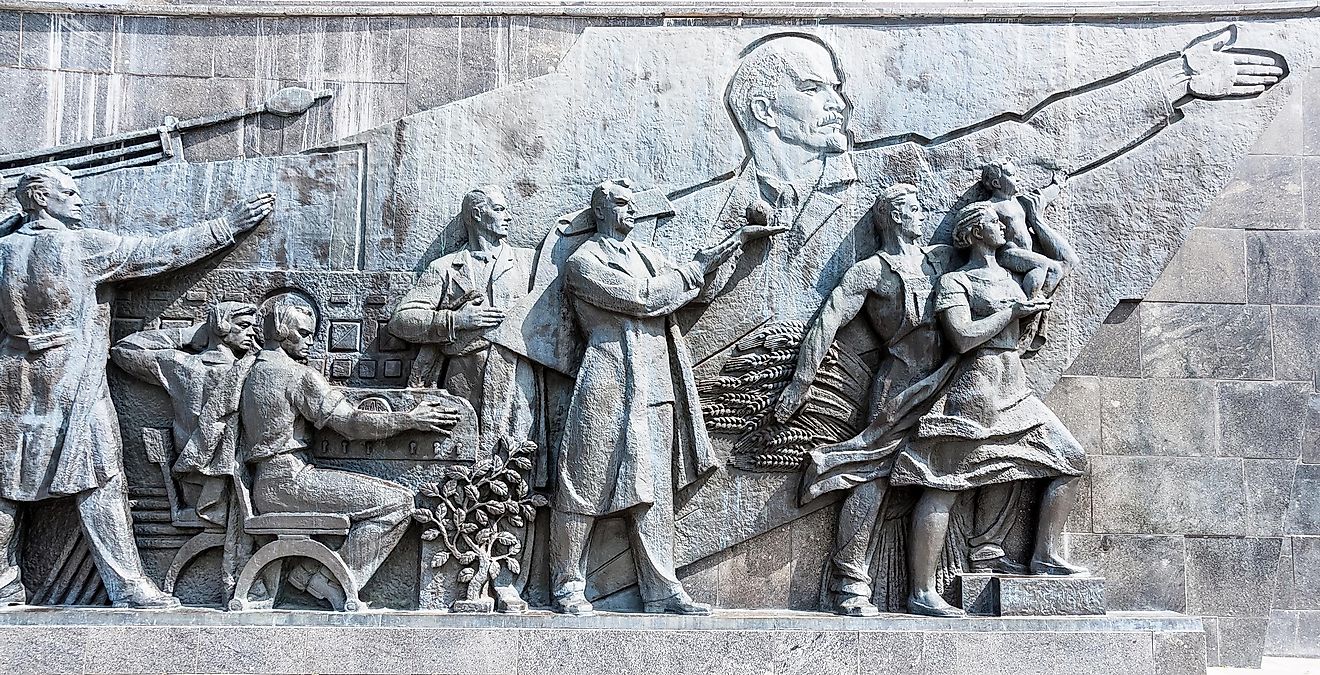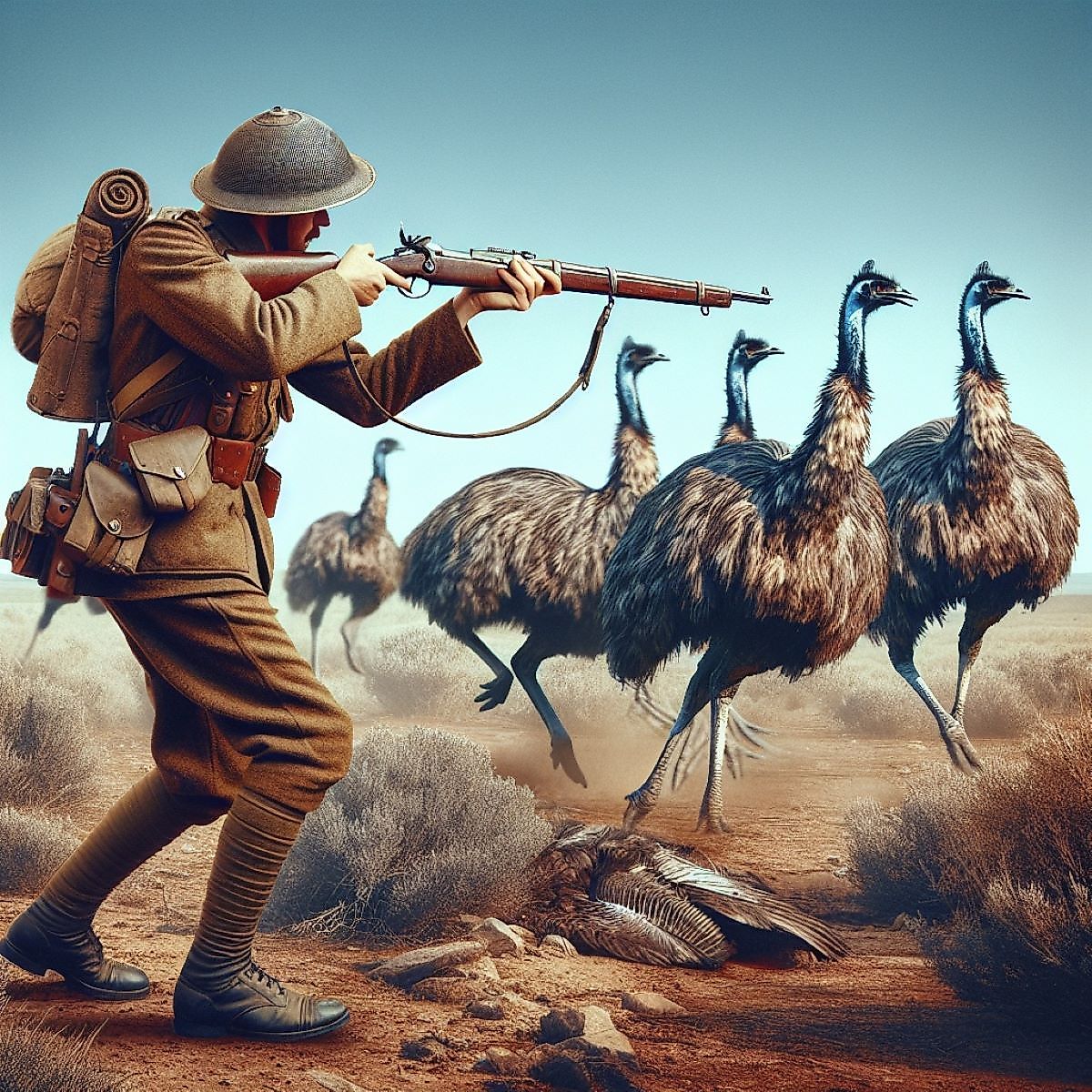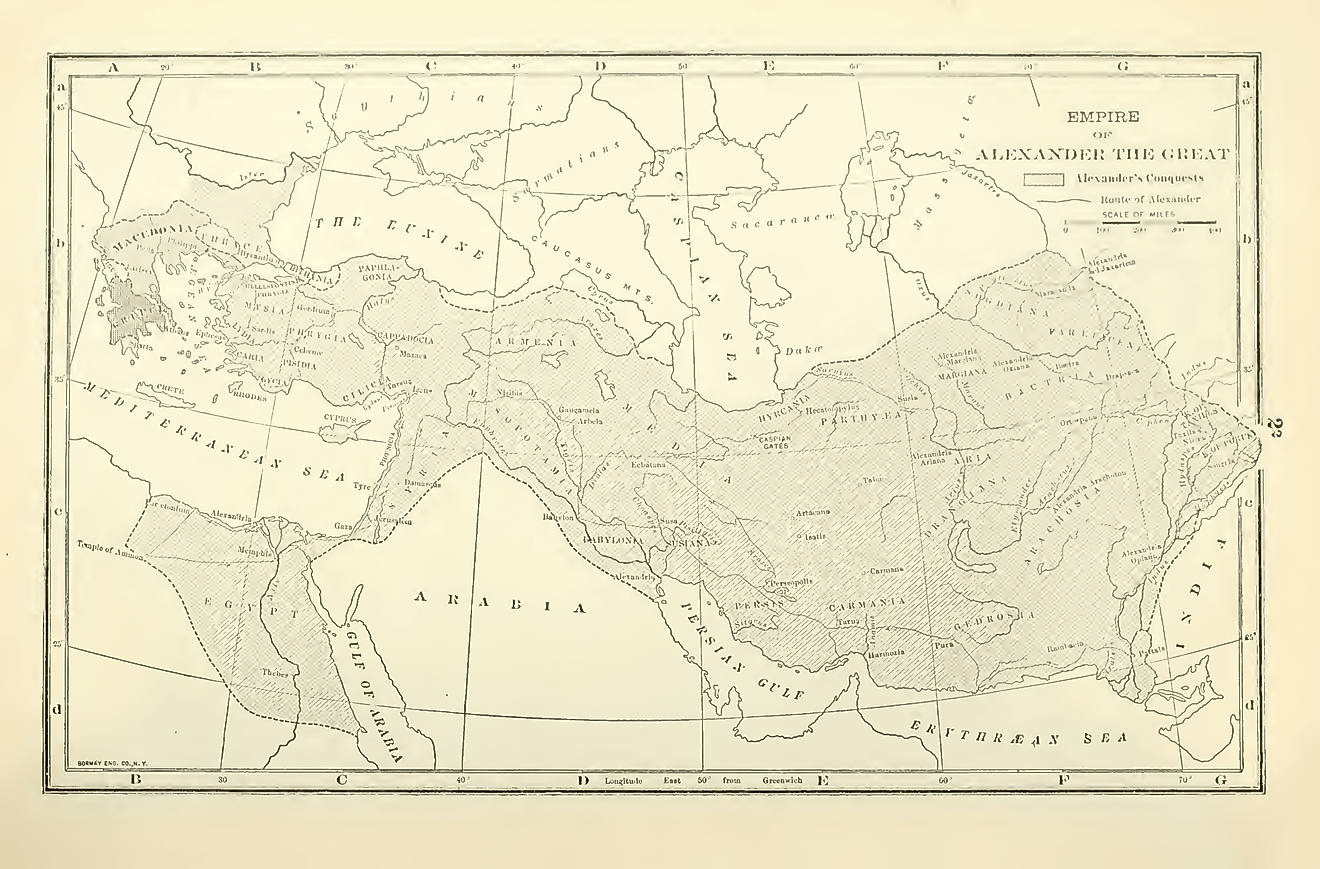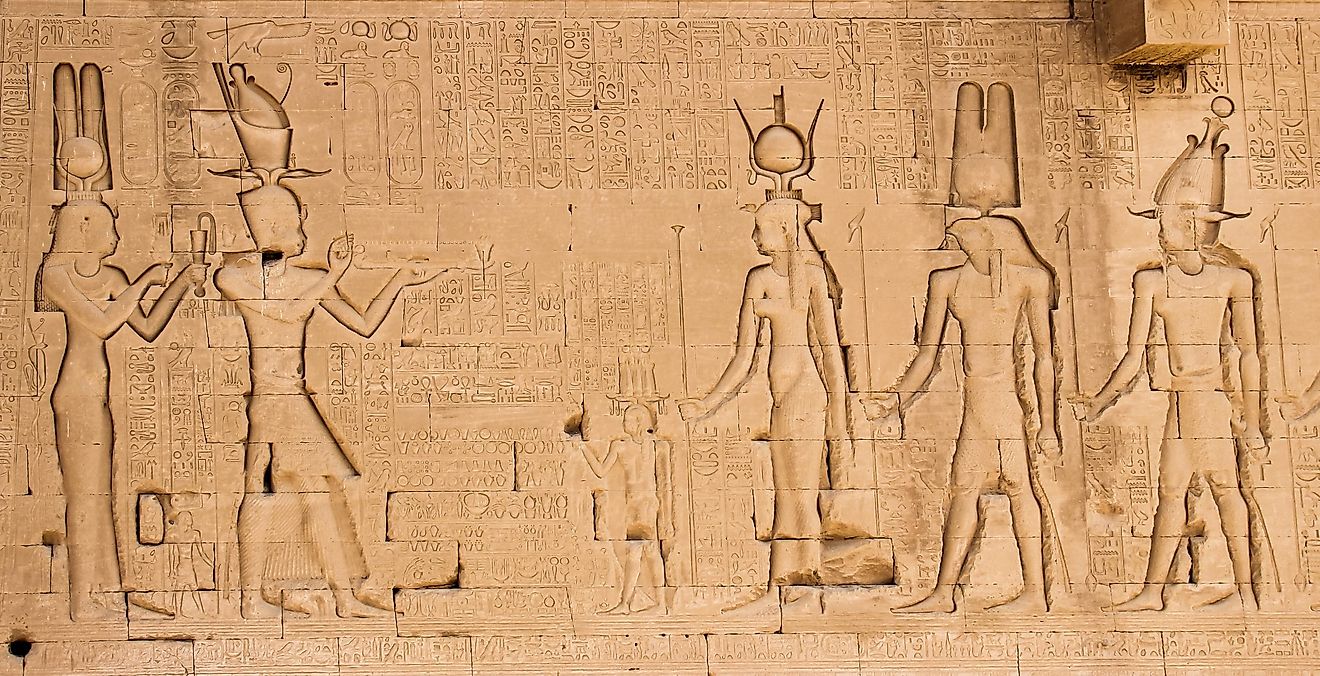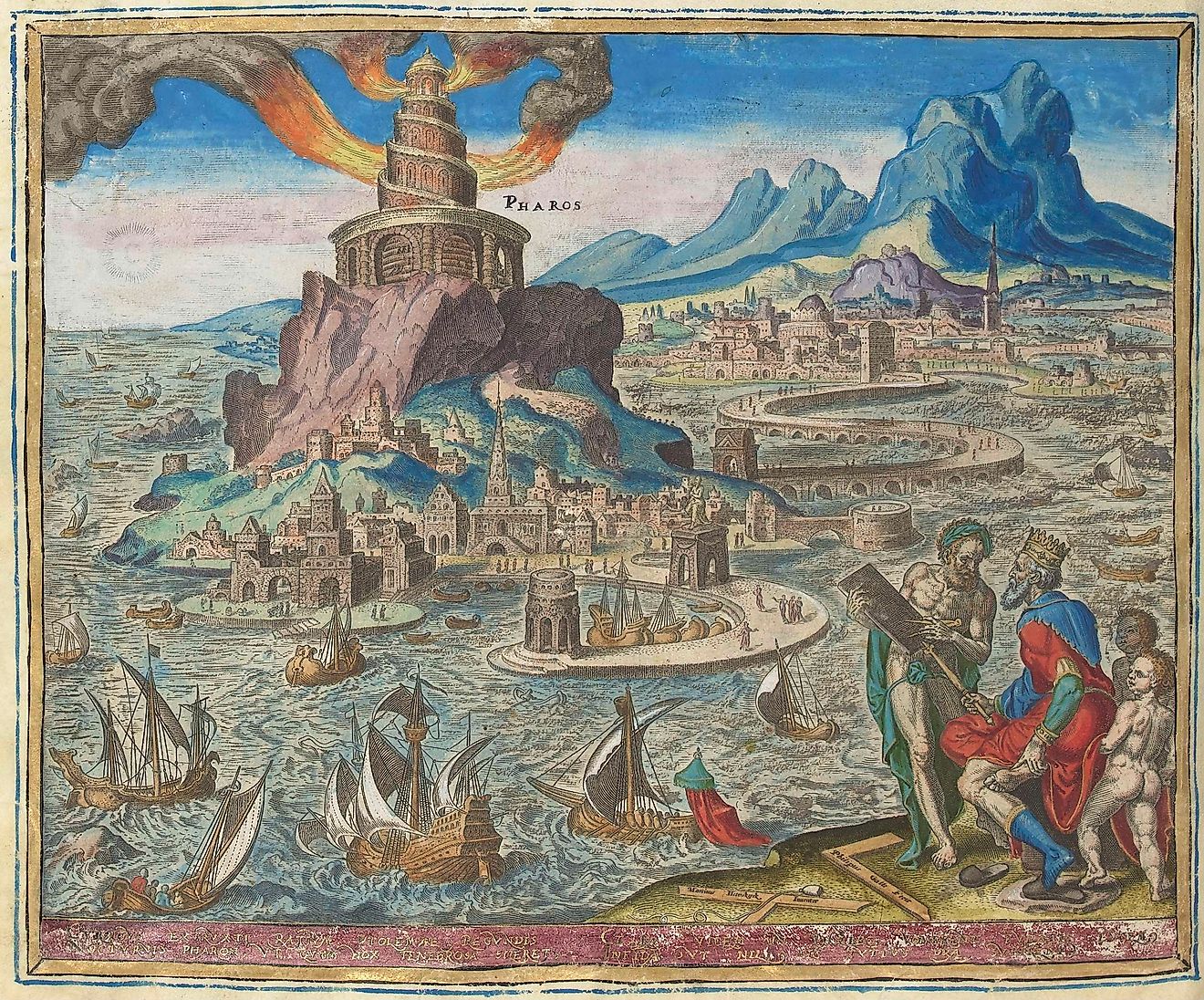
What Killed Alexander the Great?
The legend of Alexander III of Macedon will never fade from the pages of history. Better known as Alexander the Great, this young king is famous for his unwavering courage and military intelligence, which helped him conquer much of the known world before his 33rd birthday. From a young age, Alexander showed great promise, and when he ascended the throne, he marched like an unstoppable titan, crushing all that stood in his path. Alexander died at a young age despite his successes, leaving behind a mighty empire that would eventually be divided among his generals. So what killed this mighty king of the ancient Greek world?
Who Is Alexander the Great?
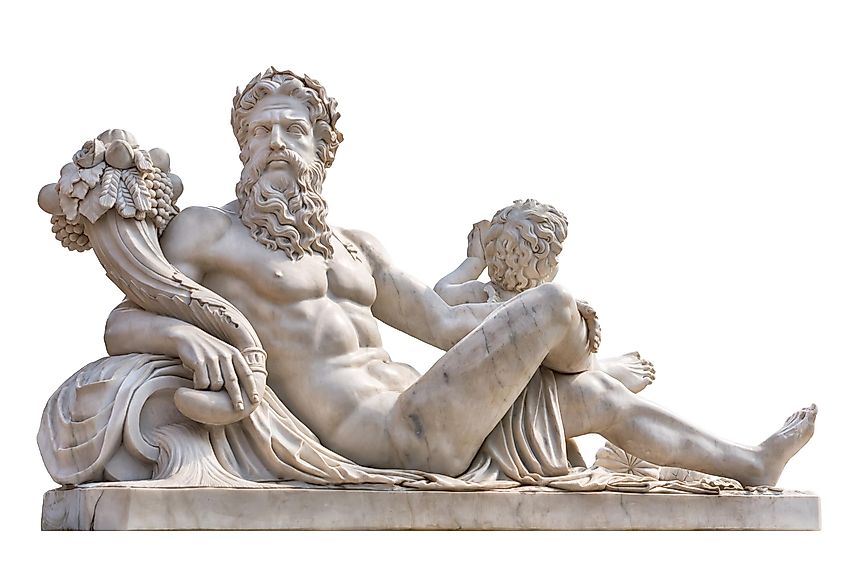
Alexander III was born in 356 BC to Philip II, (King of Macedon) and his wife Olympias (daughter of Neoptolemus I, king of Epirus). Many legends surround this birth, but some of these tales were probably efforts to attribute his achievements to something divine like many other Greek heroes like Hercules. Many believe that Alexander was the son of Zeus; one legend claims that Olympias had a dream in which a thunderbolt struck her womb.
Alexander displayed incredible feats from a young age, attracting great admiration from his father (Philip II) and many others. When he was around 12 or 13, Alexander asked to tame a wild horse which others had failed to tame. The young prince successfully tamed the horse, which his overjoyed father eventually bought for him. Alexander named the enormous stallion Bucephalus and together, they would conquer the known world until 326 BC when the horse died after the Battle of Hydaspes.
Growing up, Alexander was taught by Leonidas (an Illyrian tutor) and Aristotle. Under Aristotle, the young prince learns philosophy, medicine, art, religion, morals, and logic, among other things.
At 16, Alexander was left in charge of Macedonia as Philip II was at war with the Thracians. This would be the start of Alexander’s military prowess as the young prince successfully crushed a revolt started by a Thracian tribe known as Maedi. A few years later, the young prince marched with his father to the Battle of Chaeronea, where the Athenians and Thebans were defeated.
In 336 BC, Philip II was assassinated, and the army proclaimed Alexander III king of Macedonia.
Achievements of Alexander the Great

Alexander was 20 when he ascended the throne of Macedonia. He prepared to march on the Persian Empire, continuing plans set up by his father, Phillip II, before his untimely death. The plans were set out partly in response to the second Persian invasion of Greece in 480 BC.
Before his march to Asia, however, Alexander quickly crushed some revolts and further brought most Greek city-states under his rule.
In 334 BC, Alexander crossed into Asia Minor carrying with him an army of about 35,000 men comprising a cavalry, infantry phalanx, royal battalions, and professionals from various fields, including - engineers, architects, scientists, court officials, historians, and surveyors. By early 332 BC, Alexander had conquered western Asia Minor, sacked the city of Tyre, and made it to Egypt where he was crowned Pharaoh. He then conquered Babylon, burned down the palace of Xerxes, and forced King Darius III of Persia to Bactria, where he was murdered by the region’s satrap (governor) in 330 BC. The young king even marched as far as India, where he faced King Porus in the epic Battle of the Hydaspes. Alexander won, further expanding his conquered territories.
Among his numerous achievements were also the creation of several cities in some conquered territories. Some of these include - Alexandria (in modern Egypt), Alexandria ad Issum (in modern Hatay, Turkey), and Bucephala (in modern Pakistan).
The Death of Alexander the Great
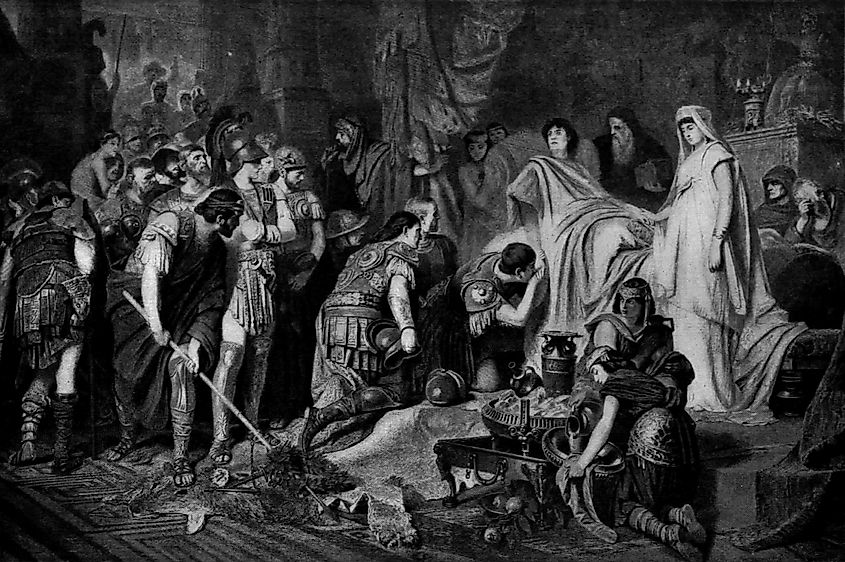
In the Spring of 323 BC, while in the city of Babylon, Alexander the Great died after about 10 days of high fever, and his body began to decompose about six days later.
According to historical accounts, the young king exhibited symptoms of high fever on his sick bed, which included - sweating, chills, and exhaustion (which probably led to the inability to speak). This account has been accepted by many, especially as typhoid and malaria fever were common in ancient Babylon).
Poisoning is also a strong contender among the cause of the young king’s death. A few months earlier, Alexander’s closest friend Haphaestion had also died, and suspicions of poison abounded. The death of the king eight months after his closest friend's seems like the handiwork of an enemy. Both men died after a prolonged illness, possibly caused by wine made from a poisonous plant. Like all powerful men, Alexander was surrounded by people with secret agendas. Perhaps the king’s enemies wanted to see him suffer or wanted to remove any obstacle before eventually assassinating him.
Acute pancreatitis caused by heavy alcohol consumption might have also resulted in the young king’s death. A few days before his death, Alexander organized a banquet to celebrate his campaign's end in India and kickstart the invasion of the Arabian Peninsula. During the feast, the king drank heavily after having a meal, and this may have awakened the sudden inflammation of the pancreas, which would eventually kill him. After his death, his body was taken to Egypt for burial.
Alexander, a conqueror with one of the most extraordinary military portfolios in history, has continued to inspire awe among historians, professors, military personnel, and many more today. In less than 13 years, the young king conquered the known world, establishing cities in his name along the way. His ambition was so great that he intended to add the Arabian Peninsula to his kingdom before his untimely death. To date, the actual cause of this great king’s death remains to be decided. Still, one could say he died a relatively non-violent death, especially compared to other mighty ancient kings who were either brutally stabbed to death by assassins or killed on the battlefield.
